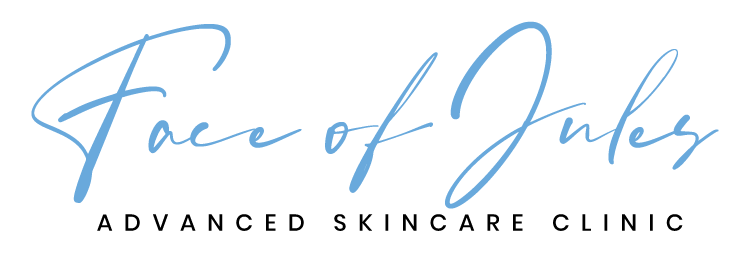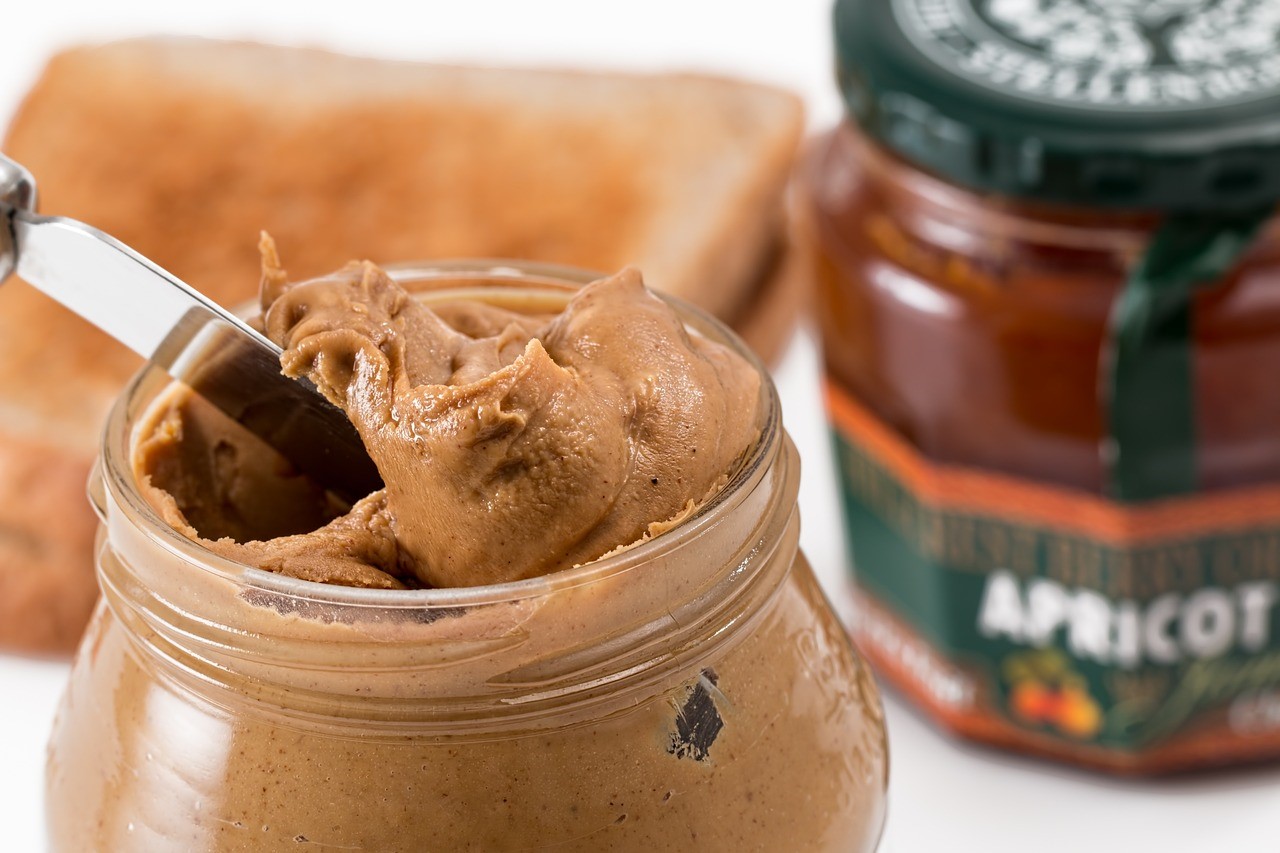Peanut butter, a beloved staple in many households, may be hiding a secret side effect. When it comes to acne-prone skin, this creamy treat may be more of a foe than a friend.
1. The Highs and Lows of Omega Fatty Acids
Understanding the relationship between acne and diet requires delving into the world of omega fatty acids. These compounds play a pivotal role in determining whether your skin is a smooth canvas or a battleground of blemishes.
Omega-3 and Omega-6 are the two primary types of omega fatty acids that influence skin health.
Omega-3 is anti-inflammatory, making it a skin-saving ally.
On the other end of the spectrum, Omega-6 promotes inflammation, which can exacerbate acne.
When it comes to these two, balance is key. However, most diets are disproportionately high in Omega-6, leading to chronic inflammation. This inflammatory state can result in the immune system overreacting to minor acne-related infections, causing redness, swelling, and the formation of pimples.
The ideal omega ratio is around 4 to 1, but the average American has a ratio of 20 to 1.
Alarmingly, peanuts are packed with Omega-6 fatty acids, which can lead to inflammatory acne. For instance, a small bag of peanuts or a tablespoon of peanut butter contains significant amounts of Omega-6.
2. The Lectin Connection: How Peanuts May Cause Digestive-Driven Acne
A smoothly functioning digestive system is paramount for clear skin. However, peanuts can disrupt this balance, thanks to their high lectin content.
Lectins are compounds that plants use as protective mechanisms. While our bodies struggle to break down these lectins, they can potentially cause harm once they reach the intestine. Here, they can weaken the intestinal lining, leading to inflammation and subsequently, acne.
Unfortunately, peanuts are a rich source of peanut agglutinin, a particularly resilient lectin. This compound is similar to gluten, another lectin known for its gut-damaging properties. Consumption of peanuts or peanut butter could lead to an inflamed gut, triggering acne outbreaks.
3. The Hidden Dangers of Roasting
The method of preparation can significantly impact the acne-causing potential of peanuts. Unless consumed raw or dry-roasted, peanuts are often fried in vegetable oils, such as soybean, sunflower, or canola oil. These oils are not only high in Omega-6 fatty acids but are also sensitive to heat. This combination increases the potential of peanuts to cause inflammatory acne.
4. Peanut Butter: A Wolf in Sheep’s Clothing
Despite its seemingly innocuous nature, peanut butter can be a hidden acne trigger. The primary ingredient in peanut butter is peanuts, which, as we have seen, are high in inflammatory Omega-6 fatty acids and potentially harmful lectins.
Moreover, most commercially available peanut butter contains sugar or molasses, which can trigger a hormonal cascade leading to acne. For instance, sugar increases insulin levels, which in turn can increase sebum production, skin cell production, and inflammation.
Peanut butter also often contains hydrogenated vegetable oils, which are high in inflammatory Omega-6 fatty acids. These oils further increase the pro-inflammatory nature of peanut butter.
5. Better Alternatives for Acne-Prone Individuals
Given the potential skin-damaging properties of peanuts and peanut butter, it is advisable to consider healthier alternatives. Almonds and almond butter could be a better choice, thanks to their high Vitamin E content. However, they also contain a fair share of Omega-6, and allergies to almonds are common.
The safest bet for those with acne-prone skin is to opt for macadamia nuts or homemade macadamia nut butter.
6. Summary
In conclusion, peanuts and peanut butter can potentially exacerbate acne due to several reasons:
High in inflammatory Omega-6 fatty acids
Contains resilient antinutrients, known as lectins
Often roasted in highly inflammatory vegetable oils
Peanut butter frequently contains added sugars
Therefore, it is advisable to opt for healthier alternatives such as almonds or macadamia nuts.
7. Frequently Asked Questions
Questions often arise regarding the link between acne and peanut consumption. Here are some commonly asked questions and their answers:
Which nut butters should I eat if I have acne?
Almond butter and cashew butter are better options, as they are not high in Omega-6.
Is it okay to eat peanuts if you have acne?
While peanuts do contain skin-protecting antioxidants like Vitamin E and selenium, their high Omega-6 and lectin content could trigger acne. Therefore, it is better to consume them in moderation or opt for less inflammatory nuts.
By understanding the potential impact of peanuts and peanut butter on acne, you can make informed dietary choices for clearer, healthier skin. Remember, everyone’s skin responds differently, and it is essential to listen to your body’s unique needs.

